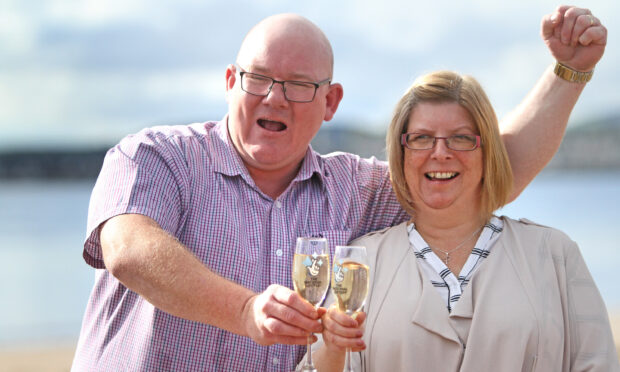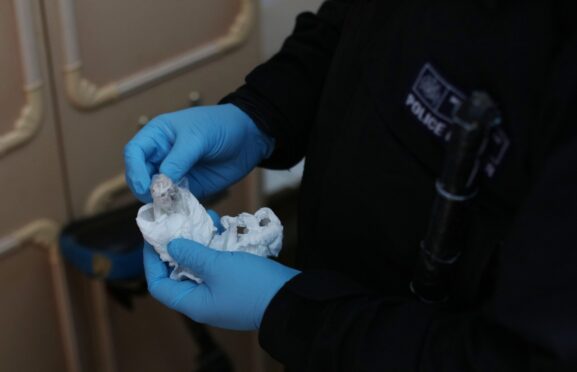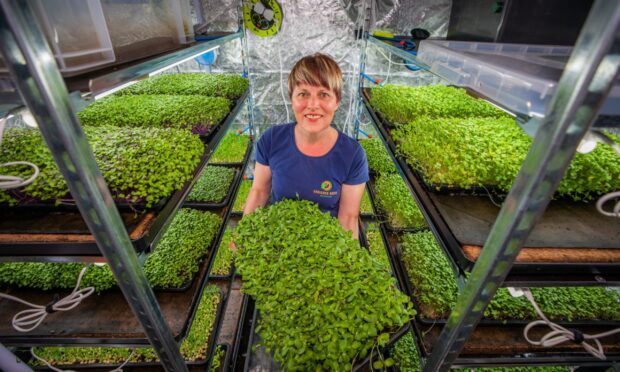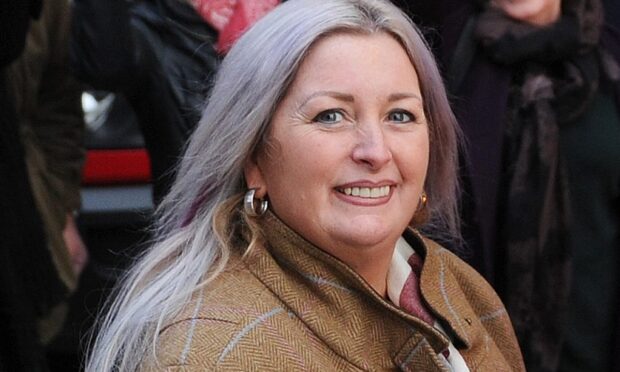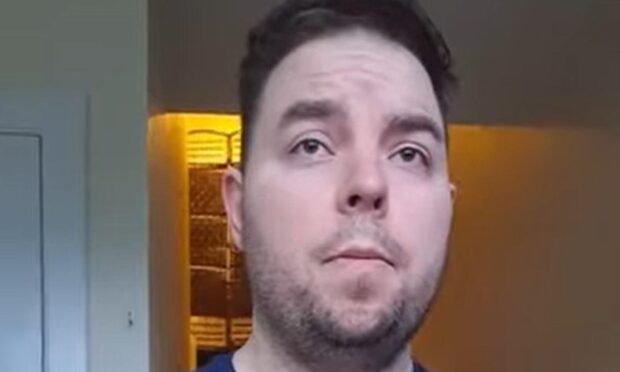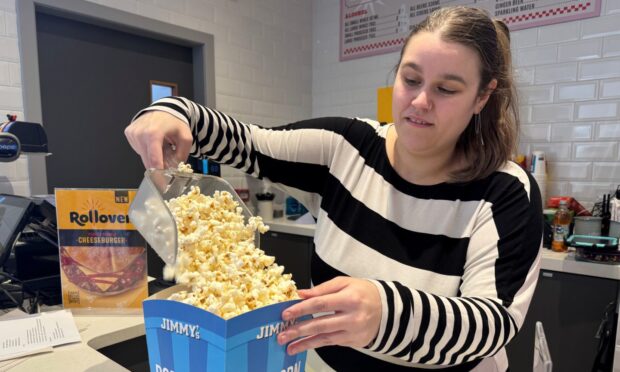Around one-in-five people in Tayside are prescribed medication for mental health issues, a new study has found.
The findings, which are part of a blueprint aimed at building confidence in the area’s psychiatric services, has triggered calls for a new approach to anti-depressants.
NHS Tayside is looking at ways of better signposting alternatives to prescription pills.
The Tayside Mental Health and Wellbeing Strategy reveals that of the 93,000 Taysiders currently using mental heath medication, about a third (26,508) are prescribed 12 or more a day.
It states there is a high use of anti-depressants in some areas, with “one in four of the population of Dundee being prescribed an anti-depressant.”
Kate Bell, Interim Director of Mental Health for NHS Tayside said: “There is growing recognition that this situation needs addressed.
“With the correct investment and cooperation of public service partners, we could create a supportive landscape in which medication was one of a range of options that people could choose to help them obtain the best help possible.”
She said: “A bold plan is needed to build the infrastructure to make access to alternative community resources as straightforward as taking a prescription to a pharmacy.”
Ms Bell said that a “realistic medicine” strategy could be adopted. “This is not about failing to offer medicines, it is about supporting people to feel empowered to discuss their treatment and share in the decision making process regarding treatment options.”
Mental health charity Plus Perth, which has been fighting for better psychiatric services in Tayside, has warned about the over-reliance on medication.
“The medicalising of current and future distress is a travesty,” said the charity’s development manager Susan Scott. “The long-term impact of this is often devastating for the person and costs more money for the country.
“The iatrogenic harm done to people as a result of medical treatment can be avoided if the resources needed are allocated to where people are being helped most at the onset of any distress.
“People need responded to when they say they are in crisis, not when the doctor or nurse decides it’s a crisis.”
The new strategy has been described as a blueprint to implement a redesign and improvement programme for mental health and wellbeing over a five year period.

